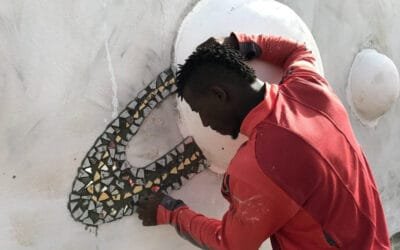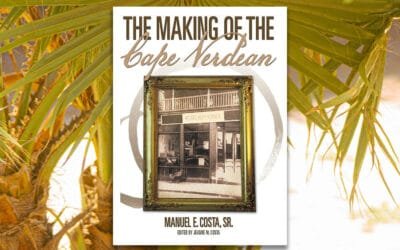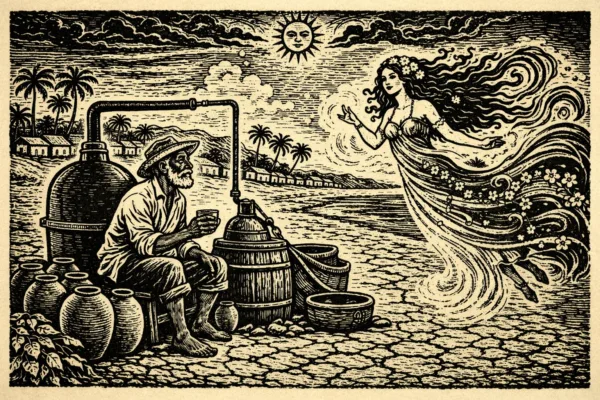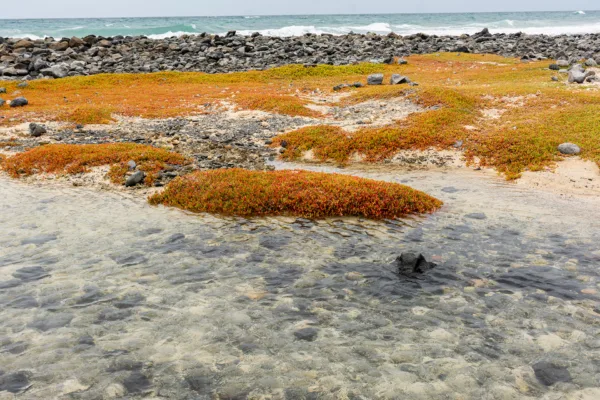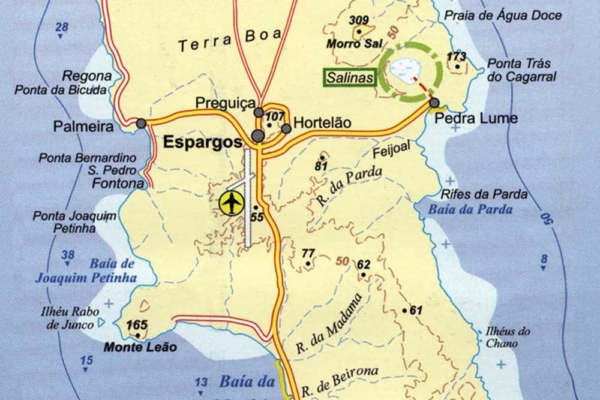Radio Kriola: Listen to the True Cabo Verdean Music

Radio Kriola
On Sal, every evening, the air hums with morna’s melancholic chords and funaná’s beats.
Thousands of kilometres away, in a studio in Germany, Radio Kriola carries the music of the ten islands across continents.
Launched on laut.fm and supported by listeners in Germany and far beyond, Radio Kriola stands out with its great mix of traditional and contemporary music. It brings together the heart of Cape Verde with influences from Senegal, Brazil, Portugal, and even India. Its programming is a hop from acoustic performances of batuque and accordion-driven funaná to modern fusions, where electric bass and synthesisers pulse under Cape Verdean Creole lyrics.
In this way, it echoes the islands’ musical journey: born in colonial constraint, evolving through migration, and maturing into genres recognised by UNESCO, such as morna, now celebrated as Intangible Cultural Heritage.
The Musical Tapestry of Cape Verde
Morna
Morna, often called the “national song” of Cape Verde, is slow and deeply nostalgic — lyrics in Creole evoke exiles and oceans, sung over a guitar’s gentle chalgar (“mãozada”) or violin. Artists like Cesária Évora brought this elegiac genre to global attention, but on Radio Kriola, morna is woven into a broader narrative of Atlantic identity.
Batuque
Batuque, traditionally performed by women in social circles, is a rhythmic and hypnotic dance characterised by stamping feet, clapping, and cloth slapping, which form layers of polyrhythms. Although once suppressed, it resurged in the 1990s thanks to composers like Orlando Pantera.
Funaná
Funaná was once regarded as a form of peasant music. Now it’s a popular genre among both Cape Verdeans and expatriates on the islands. Its energetic blend of diatonic accordion and grated ferrinho has triumphed, evolving from acoustic gatherings to well-liked dance nights in clubs and bars.
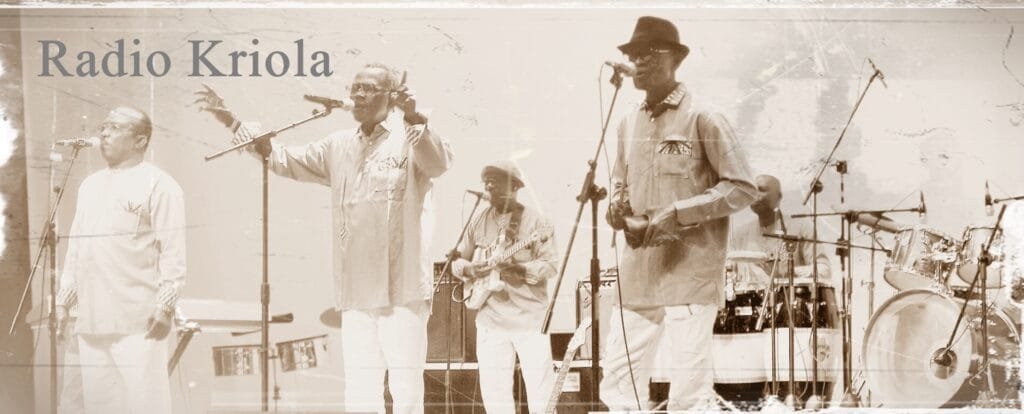
The Role and Meaning of Radio Kriola
Radio’s signal may come from Germany, but culturally it channels Lisbon’s vibrant diaspora. It echoes Lisbon-based Radio Kriola Ensemble, helmed by Catarina dos Santos — a Portuguese-Angolan singer whose album Rádio Kriola is described as a “virtual broadcast” that weaves Brazilian samba, Cape Verdean genres, Angolan semba, and Portuguese fado. In that way, the station channels a similar vision: an interwoven Atlantic identity.
Radio Kriola is more than a niche station: it’s a cultural curator with purpose. The lush texture of morna instruments, the driving force of funaná, and the communal power of batuque — all of which streamed online — make the Cape Verdean cultural archive accessible to a global audience. Its role in preserving and promoting Cape Verdean culture is a source of pride and appreciation for its listeners.
It affirms the significance of Creole culture in shaping identities across the Atlantic — from Lisbon’s barrios to London’s clubs, from New York’s jazz joints to Berlin’s radio streams. Radio Kriola invites us to tune into complexity — where each track is a strand in a history of migration, resistance and creativity. It connects the islands to the world, and local voices to global ears. For anyone seeking to immerse themselves in Cape Verde’s musical soul, it is now perhaps the most comprehensive gateway available.
Sources
- Radio Kriola online on laut.fm;
- Radio Kriola’s official website and Facebook page.

